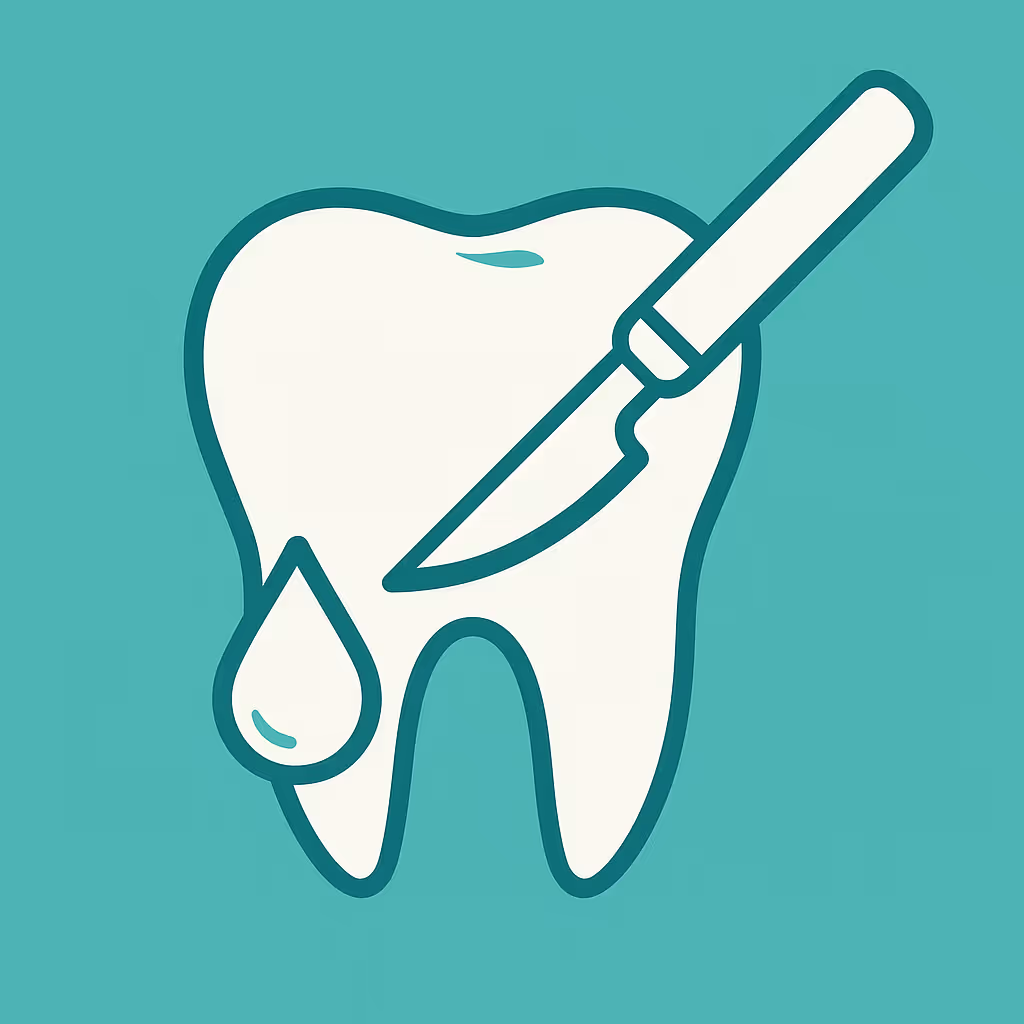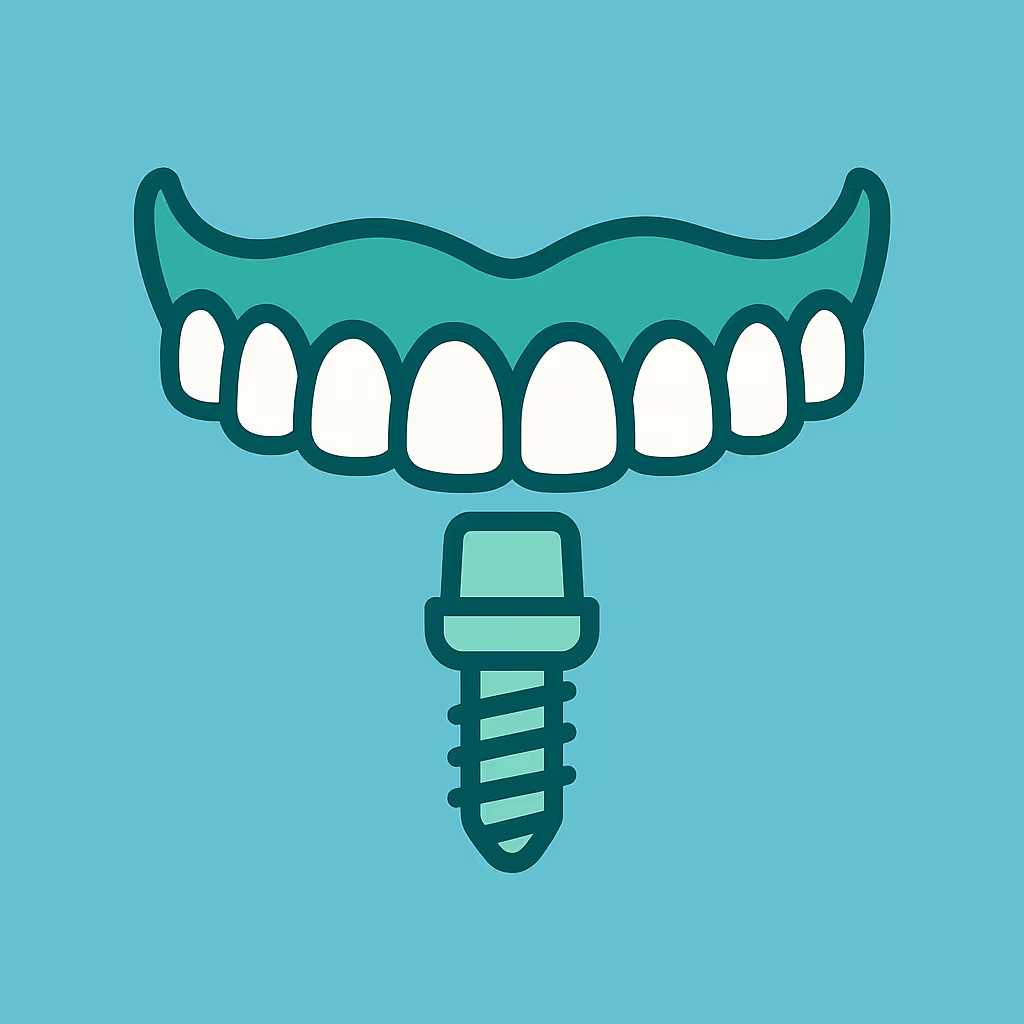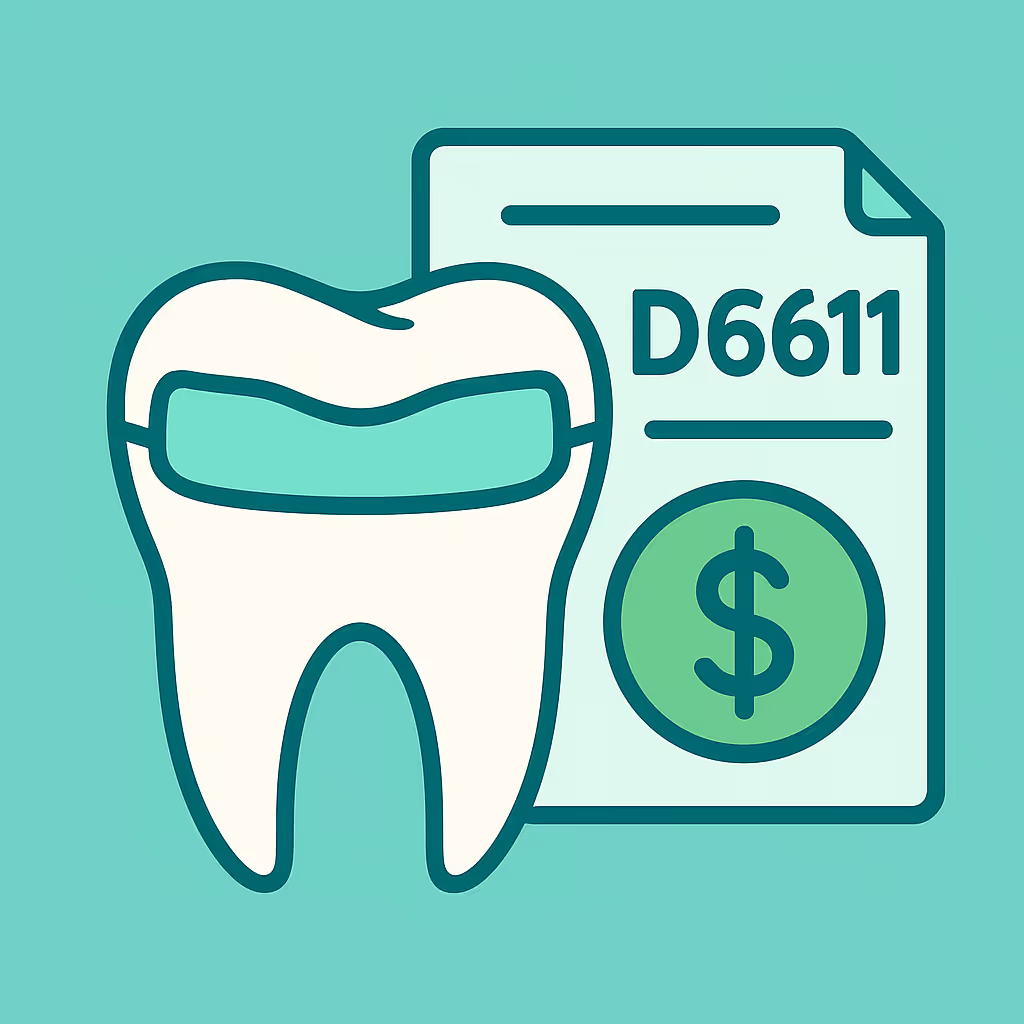Understanding Dental Code D0171
When to Use D0171 dental code
The D0171 dental code is designated for a "re-evaluation – post-operative office visit." This CDT code is specifically used when a patient returns for a follow-up visit after a dental procedure, and the dentist needs to assess healing, address complications, or determine if further treatment is necessary. Unlike routine periodic exams or problem-focused evaluations, D0171 is not intended for the initial assessment or for ongoing management of chronic conditions. Instead, it is reserved for post-surgical or post-procedural check-ups that do not involve a new problem or diagnosis.
Documentation and Clinical Scenarios
Proper documentation is crucial when billing D0171. The clinical notes should clearly indicate the reason for the post-operative visit, the procedure being followed up on, and any findings or recommendations. For example, after an extraction (such as D7140), a patient may return for a check to ensure proper healing or to address concerns like persistent pain or swelling. The dentist should document the patient’s symptoms, clinical observations, and any advice or additional care provided. If a new issue is discovered during the visit, a different evaluation code may be more appropriate.
Insurance Billing Tips
When submitting claims for D0171, it’s important to verify whether the patient’s insurance plan covers post-operative re-evaluations. Many carriers consider D0171 inclusive with the original procedure for a set period (often 30–90 days), meaning separate reimbursement may not be allowed unless there is a documented complication. To minimize denials, always:
- Check the patient’s Explanation of Benefits (EOB) and plan guidelines before billing.
- Submit clear, detailed clinical notes supporting the medical necessity of the re-evaluation.
- Appeal denied claims with thorough documentation if the post-op visit addressed a complication or required additional intervention.
- Coordinate with your Accounts Receivable (AR) team to track and follow up on outstanding claims.
Successful dental offices also implement step-by-step insurance verification and pre-authorization processes to clarify coverage for post-op visits before scheduling them.
Example Case for D0171
Consider a patient who underwent a surgical extraction coded as D7210. One week later, the patient returns with mild swelling and discomfort. The dentist performs a focused exam, confirms normal healing, and provides home care instructions. The visit is documented as a post-operative re-evaluation, and D0171 is billed. The clinical notes specify the original procedure, the patient’s symptoms, findings, and recommendations. If the insurance plan does not bundle post-op visits with the extraction, the claim is likely to be approved. If denied, the billing team submits an appeal with the supporting documentation, increasing the chance of reimbursement.





